News
News & Events
18 November 2024
Report - Press release
Study Visit to Nuremberg Equips Ukrainian Housing Experts with Practical Insights on Municipal Housing Management
Nuremberg, Germany – November 2024. Housing and social policy specialists from Ukraine completed a productive working visit to Nuremberg, hosted by the city's prominent municipal housing company, WBG Immobilien. The visit is organized in the framework of the project “Municipal Housing in Kharkiv: Affordable Rental Models for Housing Recovery in Ukraine” which is implemented by the Housing Initiative for Eastern Europe (IWO e.V.) and part of the wider UNECE’s project UN4UkrainianCities.
The delegation, consisting of representatives from the UNECE, the Ministry for Communities and Territories Development of Ukraine, the Ministry of Social Policy, the State Fund for Youth Housing Construction, and officials from Kharkiv and Mykolaiv, explored effective models of affordable and sustainable housing. The visit, spanning three days, provided participants with a comprehensive understanding of how Nuremberg's municipal housing sector operates. Through detailed presentations, open discussion, and guided site tours, the delegation acquired practical knowledge that could inform housing policy development and implementation in Ukraine.
On the first day, the delegation received a warm welcome and insightful presentation from Ralf Schekira, Chairman of WBG and Joerg Strobelt, Head of Corporate Control. Before that, Knut Hoeller, IWO board member, has set a positive tone for the visit: “This exchange is more than sharing best practices, it's about creating a dialogue that leads to practical solutions. We hope this visit inspires innovative approaches to housing policy in Ukraine.”
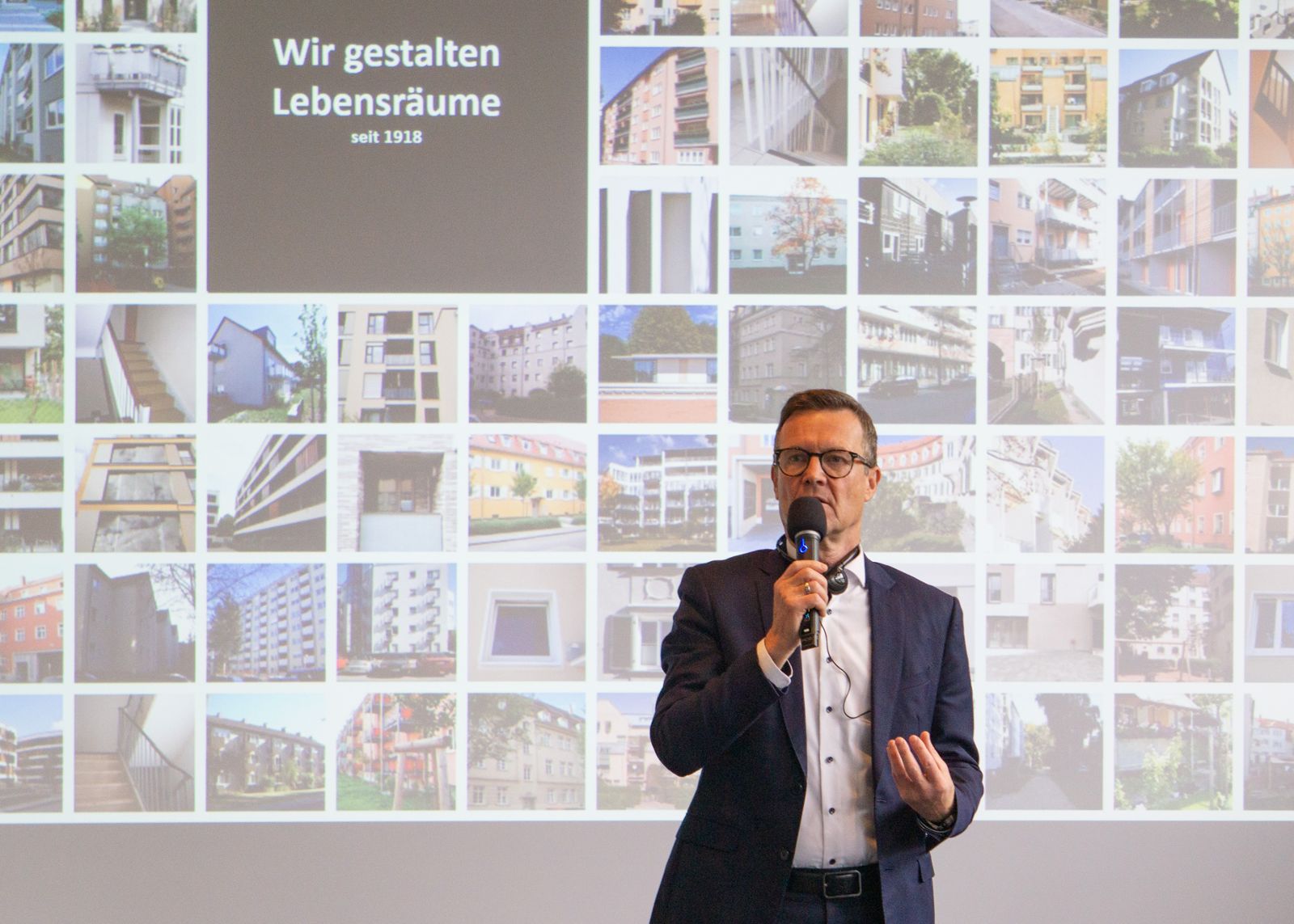
Photo 1: Ralf Schekira, Chairman of WBG, welcomes the delegation; © A. Potanina / IWO
Melanie Steinkamper, UNECE’s Associate Programme Management Officer, presented the UN4UkrainianCities Project and highlighted the importance of affordable housing for both cities included in the Project – Kharkiv and Mykolaiv. Later on, Svitlana Startseva, the Head of the Housing Policy and Improvement Department of the Ministry for Communities and Territories Development of Ukraine, presented to the German side the scope and the progress of the ongoing fundamental housing reform, realized with the leadership of her Ministry and with the support of multiple international partners, including the UNECE.
The first day ended with presentations from Britta Walther, Head of the Department of Housing, and Volker Wolfrum, Head of the Social Welfare Office. They shared insights into Nuremberg's municipal housing strategies, focusing on the city’s coordinated efforts to manage social housing and address tenant needs.
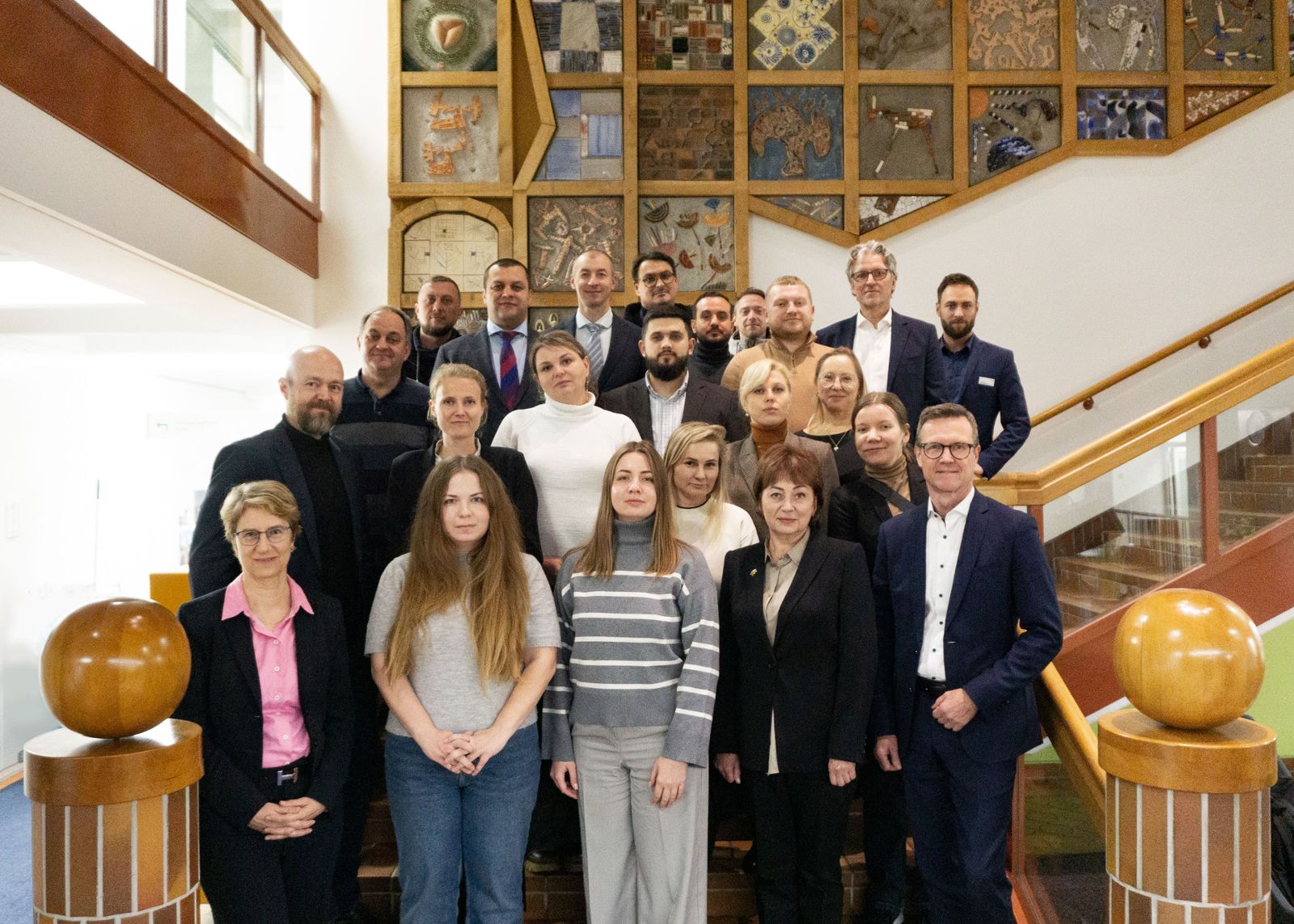
Photo 2: Ukrainian delegation at the premises of WBG. © A. Potanina / IWO
The second day featured visits to key housing projects in Nuremberg, including developments on Colmberger and Rothenburger streets. Delegates learned about the architectural and social aspects of these projects, gaining an understanding of how WBG manages and maintains diverse housing stock. Also, the delegation visited WBG’s professional customer support center, which handles tenant services efficiently and ensures high satisfaction rates among residents.
On the third day, the focus shifted to financial cooperation models for social and affordable housing. Holger Seifert, an expert from the Council of Europe Development Bank (CEB), delivered an impactful presentation on financing mechanisms for affordable housing projects. Following this, Andreas Pritschet, Director of the Association of Housing Companies in Bavaria (VdW Bayern), provided an in-depth overview of the role and operations of municipal housing companies and shed light on regional housing policies with the importance of strategic partnerships.
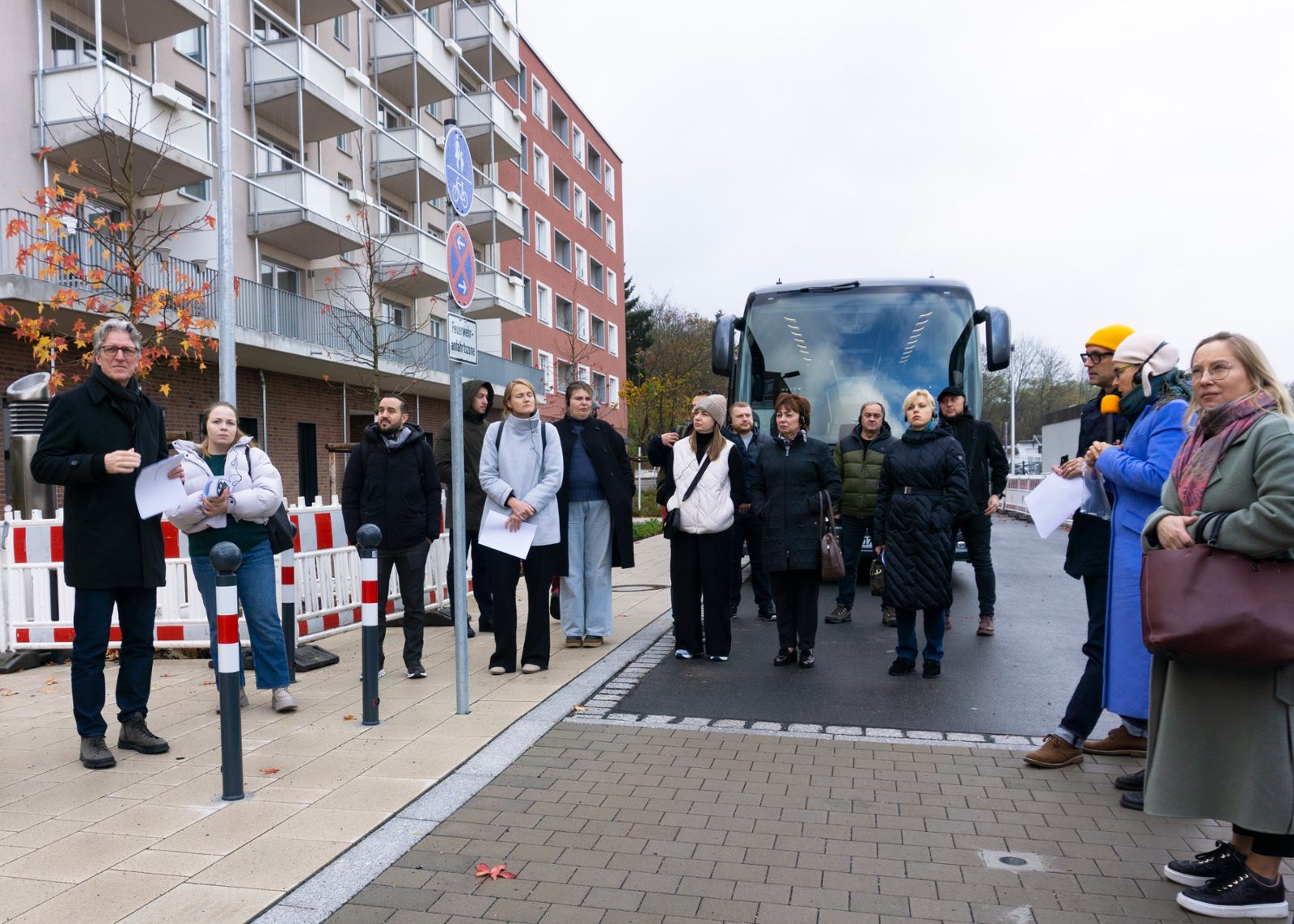
Photo 3: Participants on a site visit; © A. Potanina / IWO
"The way Nuremberg balances financial discipline with social responsibility is truly inspiring. The impartial approach implemented in Germany, which provides housing not based on a person’s status but according to the needs and financial situation of each specific family, deserves attention when implementing state support tools for vulnerable populations in Ukraine," said Oksana Ovramenko, Deputy Director of the Directorate of Targeted Social Support at the Ministry of Social Policy of Ukraine.
After listening to the presentations and visiting the housing projects, the participants gathered for a feedback session. They shared their reflections, emphasizing the relevance of the knowledge gained and expressing a firm commitment to ongoing collaboration with German partners. The delegation acknowledged the importance of adapting these best practices to support housing reforms in Ukraine.
Vitalii Lukov, First Deputy Mayor of Mykolaiv shared his view: “The innovative approaches to affordable housing and the effective collaboration between public and private stakeholders are exactly what Ukraine needs for successful post-war reconstruction.”
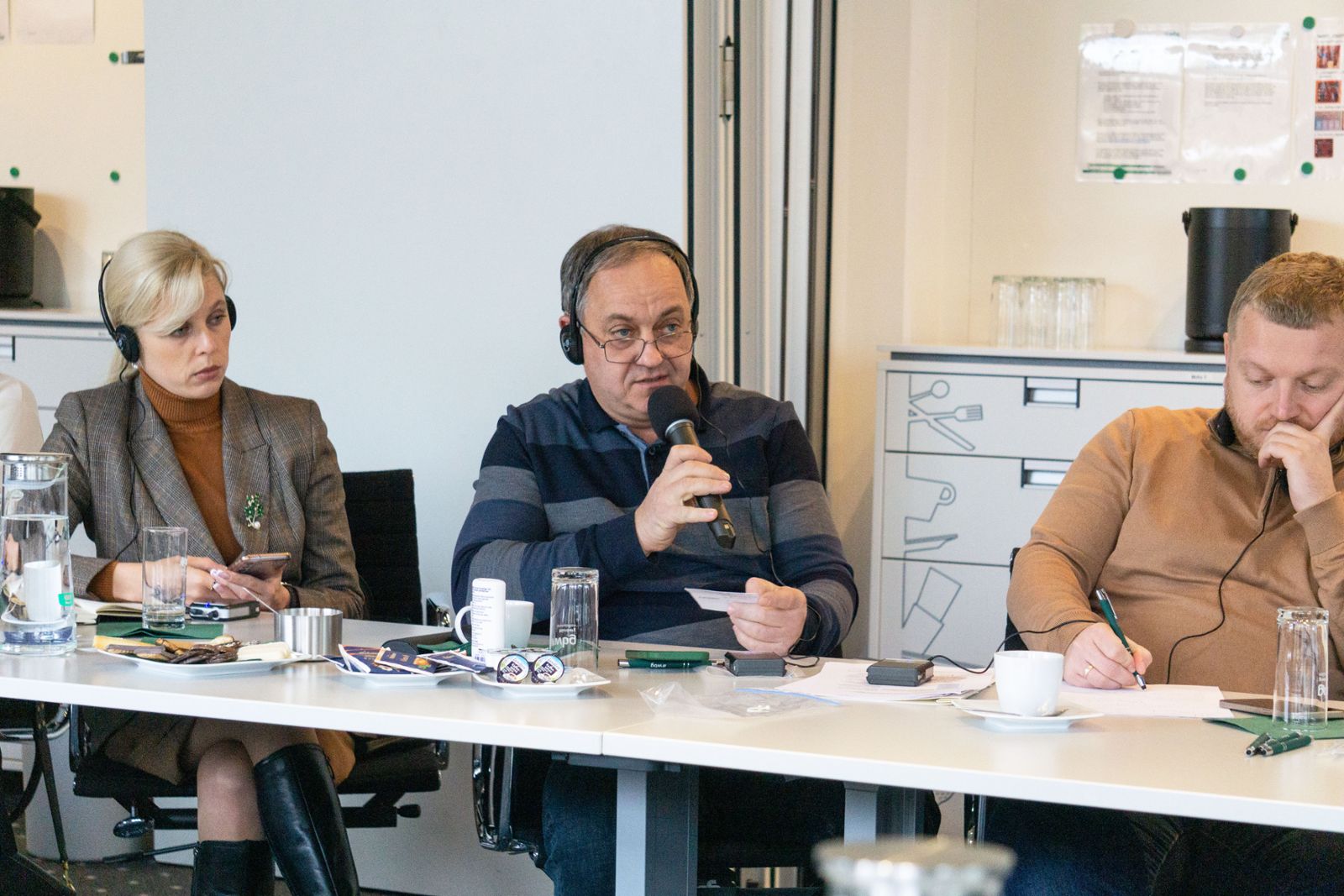
Photo 4: Plenary discussion; © A. Potanina / IWO
A significant area of interest was the balanced approach used in Nuremberg, where rent for vulnerable groups or individuals with low income is partially covered by the municipality. The Ukrainian delegates recognized the challenge of implementing such a model in Ukraine, given the current economic realities, but expressed a determination to explore feasible adaptations.
As Svitlana Startseva summed up the feedback session, "As we can see, building a social housing stock requires very strong financial support at all levels: state subsidies, regional support, as well as the capacity and backing from the community."
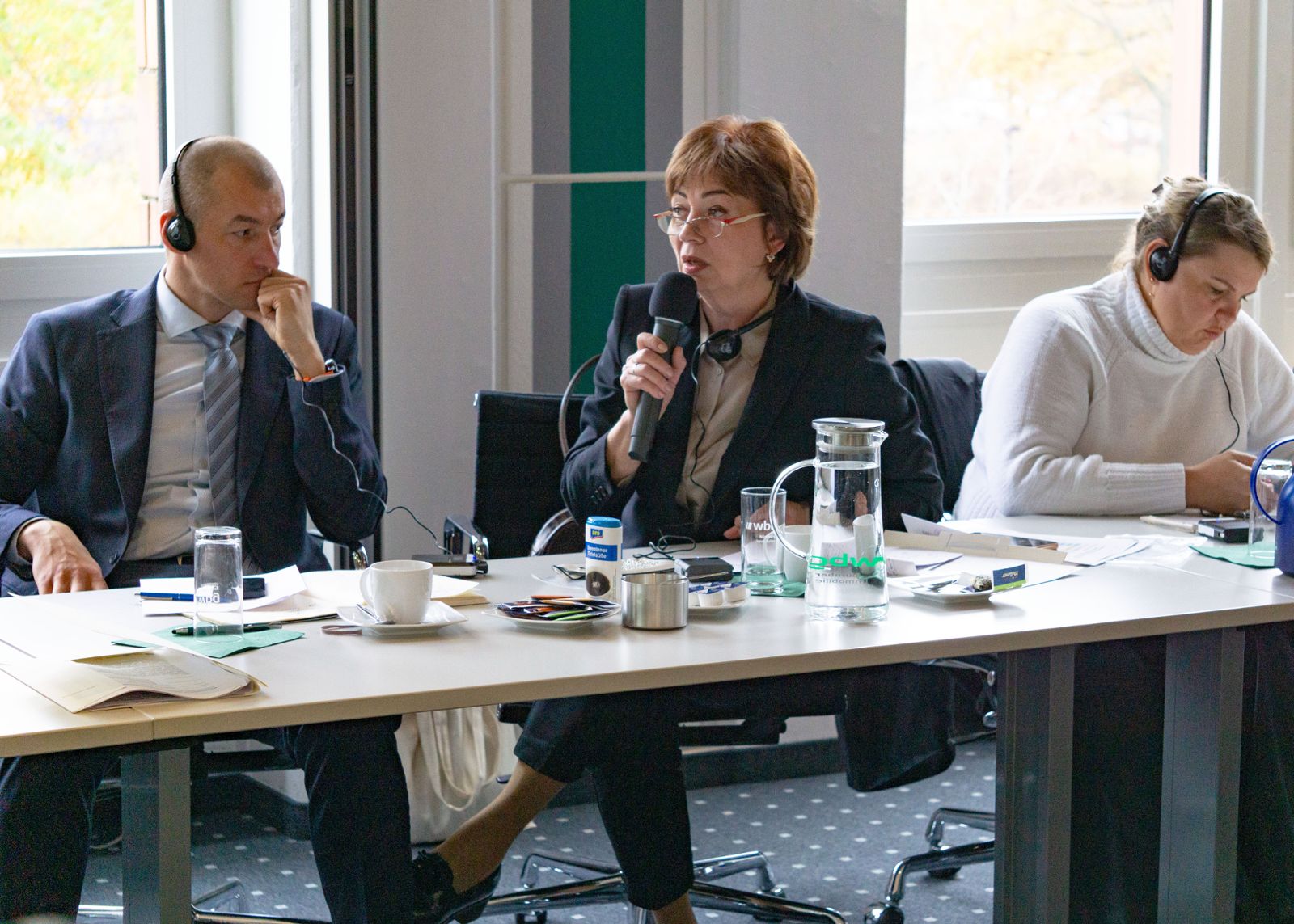
Photo 5: Feedback session; © A. Potanina / IWO
The visit concluded with a shared commitment to future cooperation and the development of sustainable housing projects in Ukraine. Follow-up sessions will focus on applying the lessons learned and exploring funding opportunities for housing initiatives.
Additional information
Your contact persons